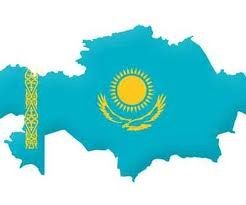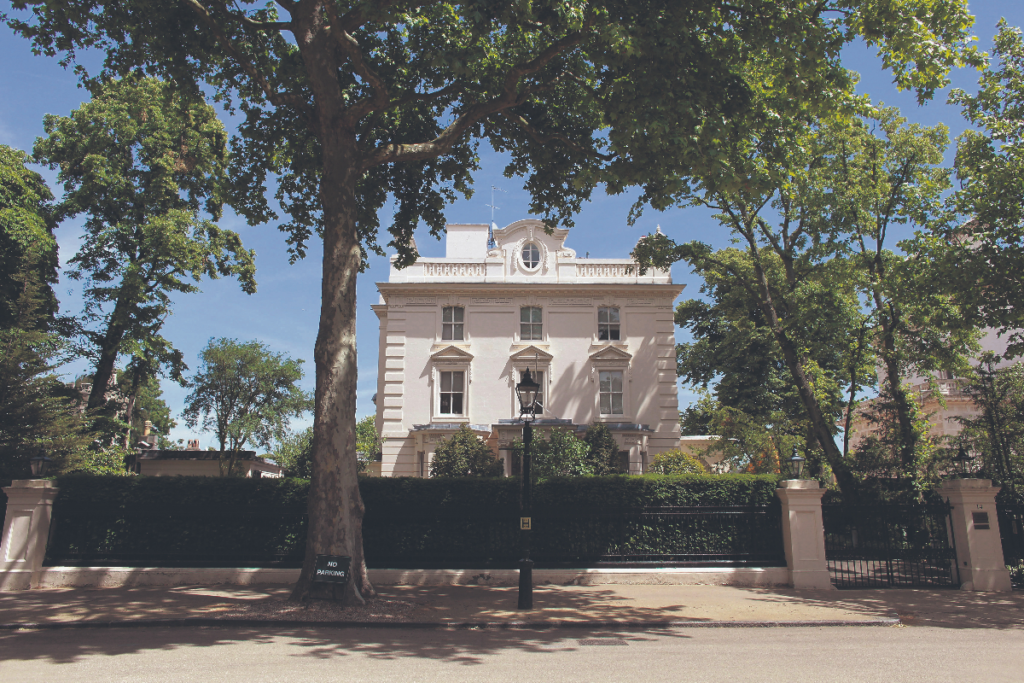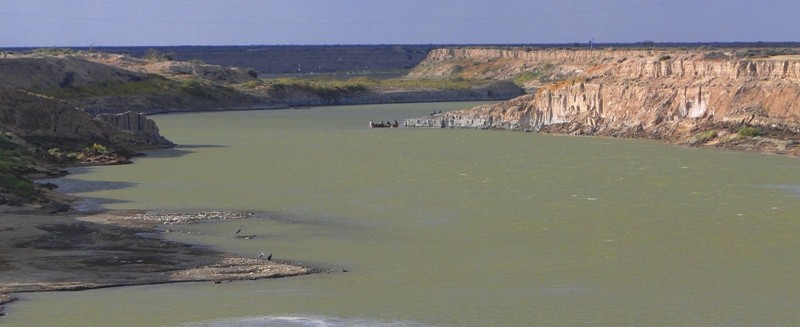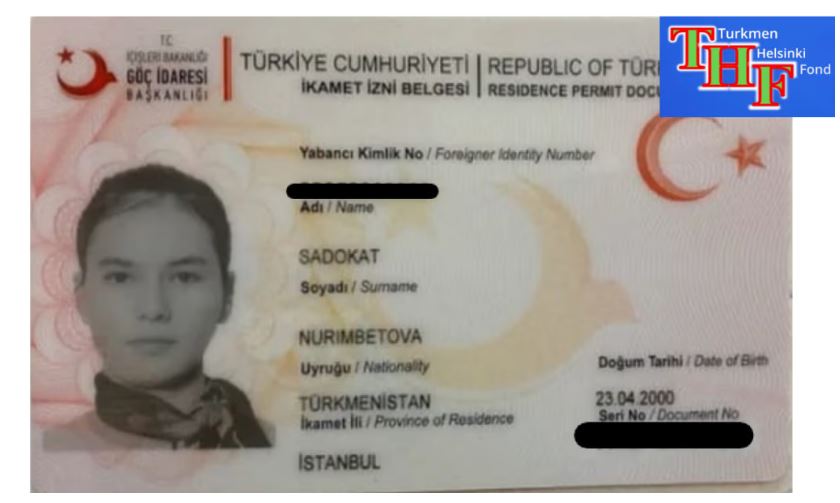ASTANA (TCA) — A Patriotic Act aimed at strengthening the people’s unity will be adopted in Kazakhstan, the country’s President Nursultan Nazarbayev has said.
“It is planned to adopt a Patriotic Act that will determine key directions for further activities to strengthen the people’s unity, tolerance, and confidence,” Nazarbayev said at a January 2 meeting with Prime Minister Karim Masimov and Presidential Office Chief Nurlan Nigmatulin, the president’s press service reported.
The meeting was devoted to implementation of Five Institutional Reforms in Kazakhstan.
The head of state said that Kazakhstan finished the past year with positive economic indicators despite difficult conditions on international markets.
“We are about to start the most difficult stage — we are beginning to implement Five Institutional Reforms,” the president said. “We have done big preparatory work and passed relevant documents. It is necessary that the President’s Office, the Government, each ministry and akimat (state administration body) take part in practical implementation of these tasks. The National Commission for Modernization should continue its work and will be reporting to me.”
Speaking at the congress of the ruling Nur Otan party in March 2015, Nazarbayev announced five new institutional reforms for Kazakhstan.
The head of state spoke about new tasks facing Kazakhstan: First, to prevent negative impact of external factors on the state system. Second, to maintain the achieved pace of development. Third, to prepare conditions for further growth. And the fourth, to continue efforts to join the world’s top 30 most developed nations.
To fulfill these tasks, Nazarbayev put forward Five Institutional Reforms.
First, the formation of professional and self-sustainable state apparatus capable of effectively implementing economic programs and public services.
Second, ensuring the rule of law, which includes transparency of law enforcement agencies, a new system of selection of police officers, and raising professional requirements for judges.
Third, industrialization and economic growth based on diversification.
Fourth, a united nation for the future, which means no dividing lines between ethnic groups in Kazakhstan.
Fifth, building a transparent and accountable state.
The head of state emphasized that altogether these five reforms will create conditions for strengthening the Kazakh state and Kazakhstan’s joining the world’s top 30 most developed nations.
To implement the reforms, Nazarbayev proposed to set up a National Commission for Modernization under the President of Kazakhstan.







